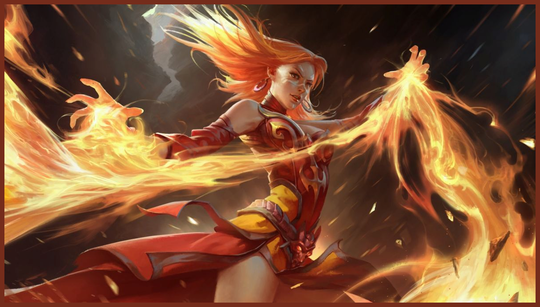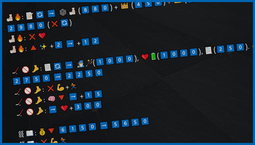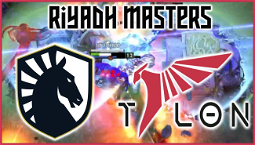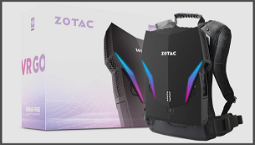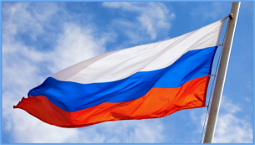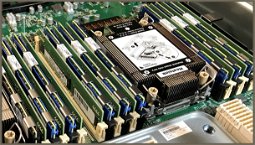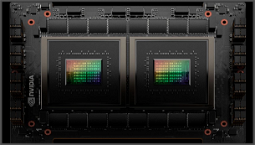Dota 2 Losing Popular Custom Games
The Dota 2 custom game scene is losing some of its biggest creations as Valve cracks down on the proliferation of real money transactions within Dota 2’s Arcade. Some of the most popular modes in the Valve multiplayer game, including a version of the wildly successful Dota Auto Chess, have been removed as a result of the changes.
The custom game tools in Dota 2 gave rise to a vibrant modding scene, with Dota Auto Chess being a standout success. Some custom games in the Dota 2 arcade, however, allowed real money transactions through third-party platforms like Paypal or Patreon, offering microtransactions, in-game advantages, and battle passes.
Valve took action against the proliferation of real money transactions in the Dota 2 Arcade due to liability concerns. Some players have also complained about “pay to win” mechanics and predatory monetization in the Dota 2 arcade.
A recent post celebrating Valve’s decision to crack down on predatory monetization in a custom Dota 2 game has gained popularity among some members of the community. It reads, “I’m so happy for those of you who have been affected by this. It’s been a long time coming.”
Some developers, however, have called for an official way to monetize games in the Dota 2 arcade. “Valve, please add an official way to monetise games in the Dota 2 Arcade,” one such developer writes. “Steam wallet integration is fine.”
Another developer, who made the popular monetized Dota 2 auto battler Ability Arena, says they contacted Valve about Arcade monetization after their game’s launch. “We were new to the scene, so we reached out to Valve to get clarity about Arcade monetisation. The response was that things would need to be a bit more above-board, so our in-game shop was added. But outside of big partners like Garena, we never heard anything from Valve about that,” they say.
Following Valve’s recent actions in Dota 2, the company’s changes in Counter-Strike follow efforts to regulate the secondary economies in its competitive games. In Counter-Strike, Valve is making cash payouts from event organizers to teams more transparent.
It seems likely that Valve is increasingly interested in regulating the secondary economies in its games. This may prove to be a boon for game developers who want to participate in Valve’s ecosystems. Conversely, some may see it as a threat to the success of their games, which rely on microtransactions.
